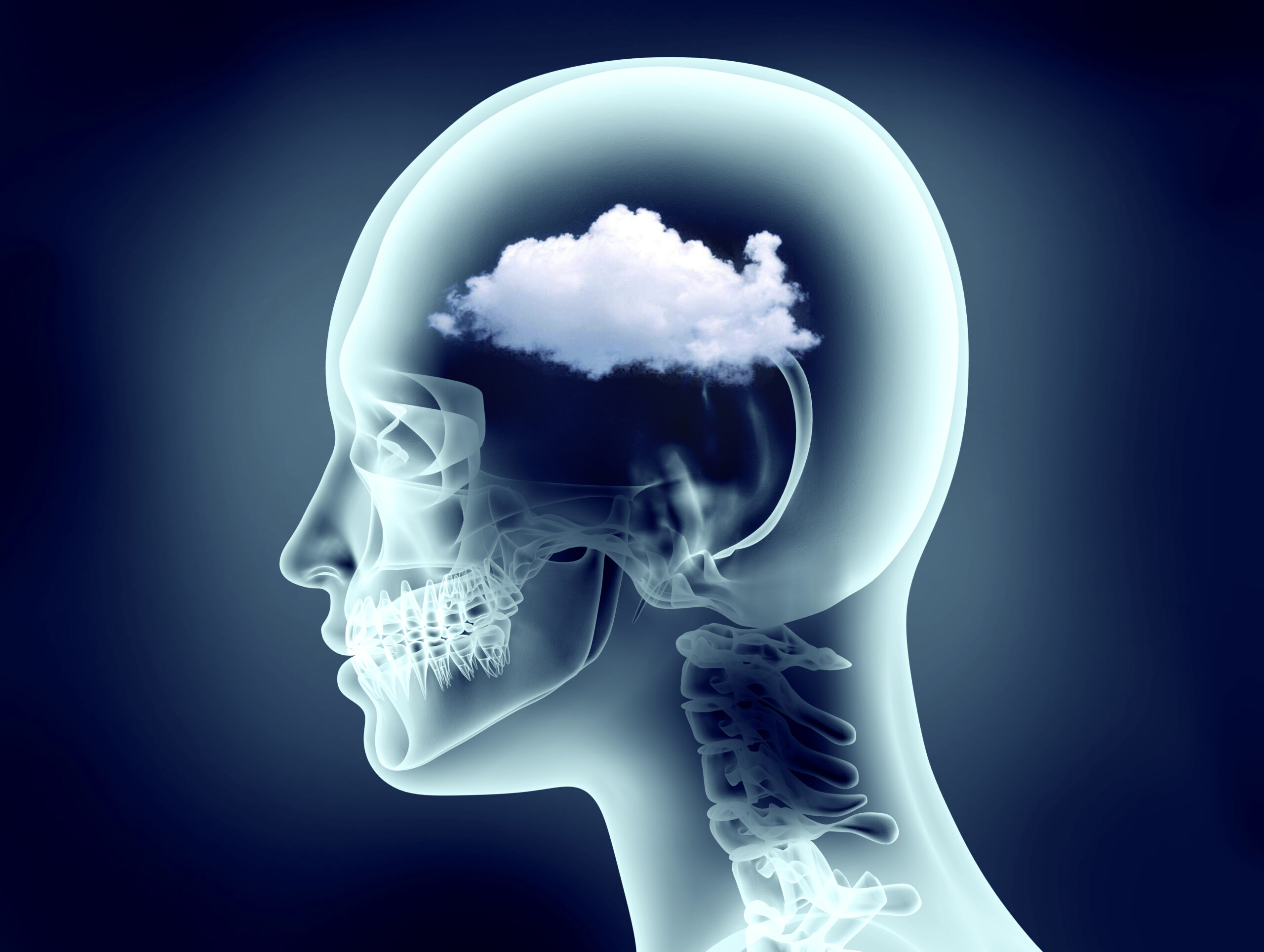Are you sick of being mentally drained and unable to concentrate? Do you often need help finishing simple tasks? Then it’s brain fog.
The good news is that there are remedies for the brain fog and mental tiredness millions of individuals endure. Stress, irregular sleeping patterns, drugs, and other things can all contribute to the sensation of brain fog. It may lead to focus problems, memory problems, and confusion.

What is brain fog?
It may be a frustrating and incapacitating condition that interferes with your everyday activities and life, making it difficult to focus, forget things, and leave you confused.
Medical problems include hormonal imbalances, depression, and anxiety can cause brain fog. Similar to how low blood pressure and restricted blood flow can result in the brain and its cells not receiving enough oxygen, these situations can lead to chemical imbalances in the brain.

Although it is a sign of other illnesses, brain fog is not a medical ailment. It is a specific form of cognitive impairment involving:
- A memory problem
- A lack of mental clarity
- Poor concentration
- An inability to focus
Some folks called it ‘mental weariness.’ Brain fog might cause problems at work or in the classroom, depending on its severity. But, it is not required to be a constant in your life.
Various factors, including lifestyle choices and medical issues, can cause brain fog. It can be caused by stress, poor nutrition, and inactivity.
Environmental elements like electromagnetic radiation and pollution can also contribute to or exacerbate brain fog. If you frequently experience the illness, visiting a doctor is crucial to rule out any physical explanations.
Yet, even if the underlying cause is physical, the following doable procedures can still assist in managing and reducing your symptoms of brain fog.
How to overcome it?
1) To stay organised and create a routine
A structured practice helps you stay focused and avoid confusion and forgetfulness. Make sure to keep a calendar or to-do list to keep track of your responsibilities and prioritise your tasks.
2) Prioritise self-care and take breaks
Regularly taking breaks and engaging in self-care activities such as reading or meditating can help you recharge and refresh your mind. It will improve your focus and reduce the symptoms.
3) Staying hydrated and avoiding caffeine and alcohol
Dehydration can hurt your mental clarity. Hence, it’s essential to drink plenty of water. Additionally, caffeine and alcohol can interfere with sleep. It’s best to avoid or limit these substances to ensure your brain functions at its best.
4) Seek support from friends and family
A supportive network can help you manage stress and improve your mental health. Informing the people around you about your brain about problems can help them better support you. Additionally, it increases understanding of your situation. Hence, they won’t take it personally if you forget a birthday or get-together with friends or if you need to skip back, they won’t take it personally.
Sources: Tree of Life, healthline.com, verywellmind.com








